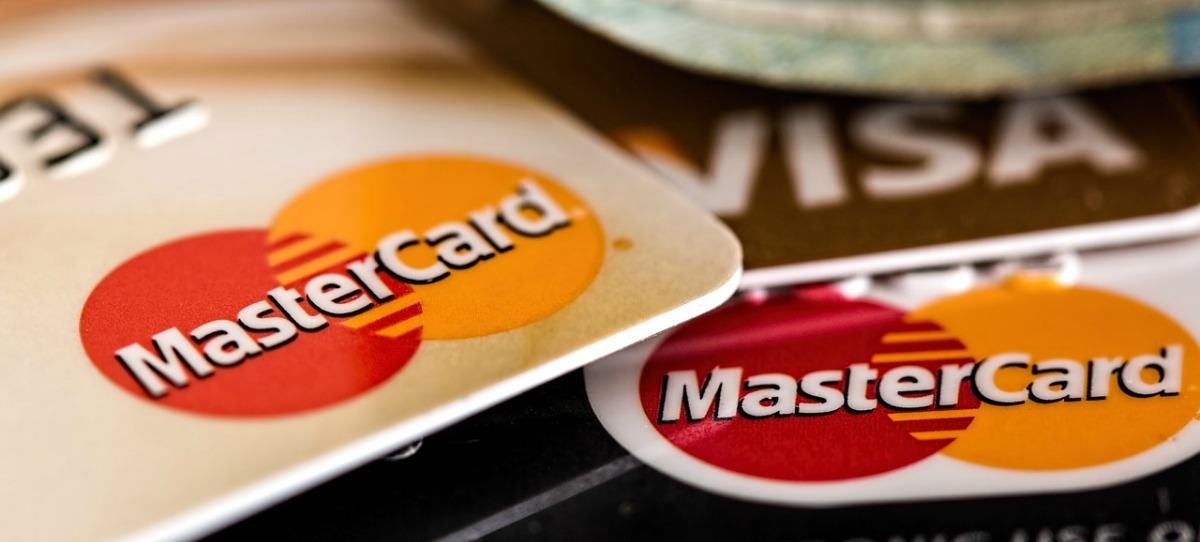Mastercard Introduces New Crypto Debit Card for European Users
06.09.2024 11:30 1 min. read Alexander Stefanov
Mastercard has partnered with Mercuryo to launch a crypto debit card in euros that allows users to spend cryptocurrencies like Bitcoin from self-custody wallets at over 100 million merchants globally.
This initiative follows Mastercard’s previous collaboration with MetaMask, which reflects the payments giant’s commitment to bridging traditional finance and blockchain technology.
Self-custody wallets allow users to take full control of their digital assets without relying on centralised platforms such as banks or exchanges.
Unlike custodial wallets, where a third party manages the security of funds, self-custodial wallets require users to be the sole custodian of their private keys.
Additionally, Christian Rau, Mastercard’s senior vice president of crypto and fintech capabilities, highlighted the company’s commitment to improving the self-custody wallet experience.
Mastercard’s expanding cryptocurrency services come with certain fees. The debit card issued by Mercuryo charges an issuance fee of €1.6, a monthly maintenance fee of €1 and a 0.95% fee for converting cryptocurrency into traditional currency.
-
1
Fiserv to Launch FIUSD Stablecoin Across Its Massive Banking Network
23.06.2025 21:00 1 min. read -
2
Mastercard Integrates Chainlink to Power Direct Crypto Access for Cardholders
25.06.2025 18:00 1 min. read -
3
Robinhood to Launch Tokenized Shares of OpenAI and SpaceX for European Users
01.07.2025 11:00 2 min. read -
4
BIS Slams Stablecoins, Calls Them Ill-Suited for Modern Monetary Systems
26.06.2025 9:00 1 min. read -
5
Robinhood Expands Crypto Futures With XRP and Solana Micro Contracts
28.06.2025 13:00 2 min. read
Emirates to Integrate Crypto.com Pay in 2025: A New Era of Airline Payments
Emirates Airline has taken a bold step toward embracing digital finance by signing a Memorandum of Understanding (MoU) with leading cryptocurrency platform Crypto.com.
Volkswagen Taps Solana-Based Service for Real-Time Robotaxi Navigation
Volkswagen’s autonomous driving division, Volkswagen ADMT, has announced a data-sharing partnership with Bee Maps, a cutting-edge spatial intelligence service built on the Solana blockchain.
Dubai Approves First Tokenized Money Market Fund
The Dubai Financial Services Authority (DFSA) has given the green light to the QCD Money Market Fund (QCDT), making it the first officially approved tokenized money market fund within the Dubai International Financial Centre (DIFC).
Bitget Wallet Teams Up with Mastercard to Launch Crypto-Powered Payment Card
Bitget Wallet has entered a strategic partnership with Mastercard and Web3 payment provider Immersve to launch a new payment card that allows users to spend cryptocurrencies directly from their digital wallets.
-
1
Fiserv to Launch FIUSD Stablecoin Across Its Massive Banking Network
23.06.2025 21:00 1 min. read -
2
Mastercard Integrates Chainlink to Power Direct Crypto Access for Cardholders
25.06.2025 18:00 1 min. read -
3
Robinhood to Launch Tokenized Shares of OpenAI and SpaceX for European Users
01.07.2025 11:00 2 min. read -
4
BIS Slams Stablecoins, Calls Them Ill-Suited for Modern Monetary Systems
26.06.2025 9:00 1 min. read -
5
Robinhood Expands Crypto Futures With XRP and Solana Micro Contracts
28.06.2025 13:00 2 min. read


